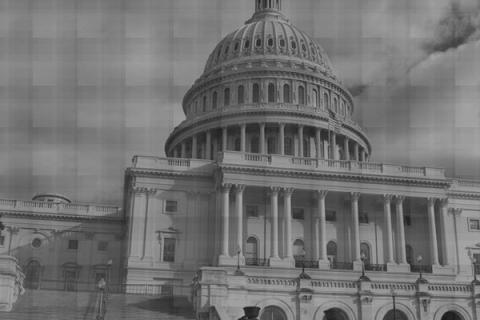 Good news is everywhere, but it's widely ignored. There's good news about energy supplies (increasing), economic innovation (thriving), and Third World democracy (all-time high). The facts about positive developments don't get a lot of attention, but they're easily available to anyone who wants them.
Good news is everywhere, but it's widely ignored. There's good news about energy supplies (increasing), economic innovation (thriving), and Third World democracy (all-time high). The facts about positive developments don't get a lot of attention, but they're easily available to anyone who wants them.
EnergyUS natural gas supplies are increasing, and solar photovoltaic panels have fallen in price dramatically with production in China. The down side of these developments is lamented so loudly that the up side is obscured. It’s as if a kid got a shiny new penny and said, “How awful! Now I'll be tempted to buy candy and my teeth will rot.” If you can’t see the good side of cheap, abundant natural gas and solar panels, you are seeing the world through a very negative filter.
EconomyUS manufacturing is globally competitive. Opportunity is surging on the mobile/social platforms. New industries have always sprouted during recessions. Tough times accelerate the death of old weeds, helping new seedlings to take root. Some wins and some losses result. If you focus on the losses, you can construct a sense of crisis that's not real. For example, shopping malls lose when online shopping grows. Most of us are better off, even as crisis-mongerers shed crocodile tears over the decline of retail shopping.
Third World democracyCivil society is flourishing worldwide. It’s hard to notice because democracy rewards the airing of grievances. A few years ago, military dictators ruled most of the southern hemisphere, and critics quickly landed in jail, or worse. Now these countries have flawed elections, which is a huge step toward imperfect elections. Nastiness is displayed in public as new coalitions emerge and compete for the limelight. But much nastier conflict took place behind the scenes in the past. When you know that context, it's easy to see that global communication has transmitted new norms, and democracy is busting out all over. No one supplies this context for you, but you can provide it yourself.
Why focus on bad news about these issues and overlook the good? Political partisanship is a big reason. Partisans extract information that promotes their shared agenda. They accentuate the negative because insecurity promotes group loyalty.
But negative bias has a deeper cause. Every voter is a mammal. We’ve inherited brain structures from earlier mammals which motivate the scanning for danger, and the clinging to a herd for safety.
We are more than herd animals, of course. We are free to choose the information we focus on. You can courageously choose to let good news in. You will only see a world full of crisis and decay if you let the herd choose your information for you.
You could blame politicians for creating a sense of crisis to flaunt their leadership role. You could blame journalists for building a hell-in-a-handbasket mindset to compete for your attention. You could blame teachers for molding young minds to equate criticism with intelligence.
But blaming external powers distracts you from your internal powers. You can control where you allocate your attention. You decide which information to focus on instead of letting hell-in-a-handbasket thinkers manage your attention for you.
It takes more effort to notice good news because no one spoon-feeds it to you. It takes courage to notice good news because you have to leave the safety of the herd. It takes equilibrium to accept good news because your mammal brain would rather be monitoring threats.
But independent information processing is worth the extra effort because it frees you to see the good as well as the bad.
